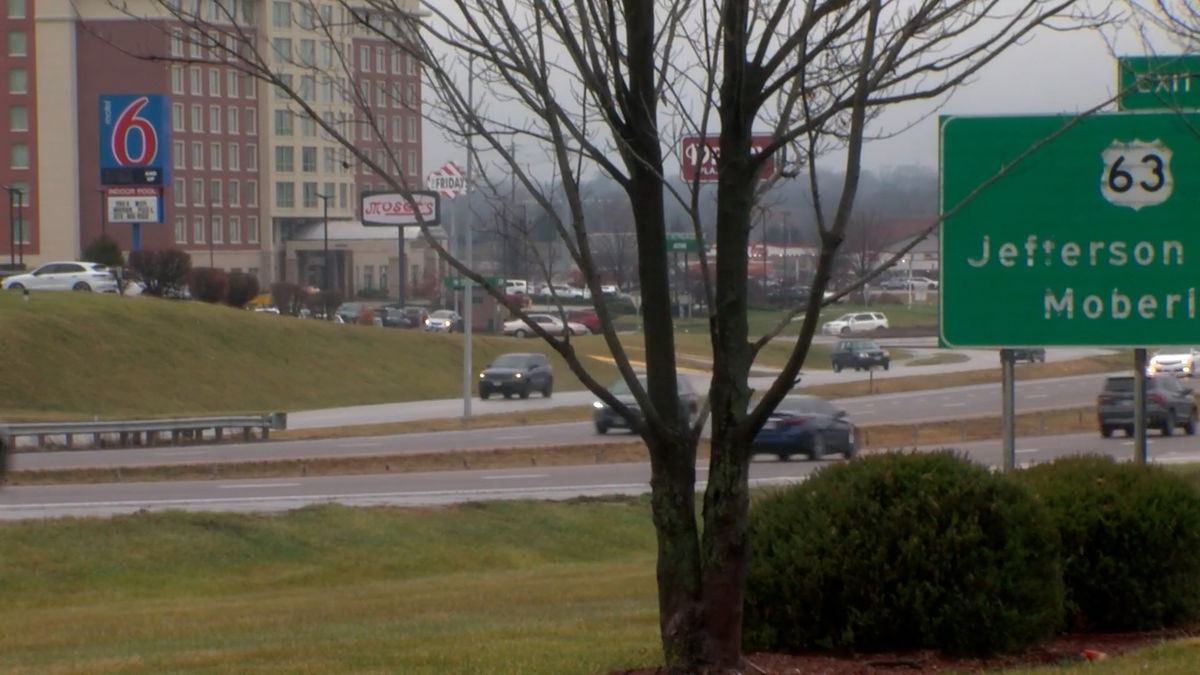Jobs
Want $15 minimum wage in Ohio? We can do it without costing jobs and closing businesses.

Most California’s fast food employees will now make at least $20
Fast food chains with 60 or more locations nationwide are required to meet California’s $20 minimum wage increase.
Louis Blessing III, R-Colerain Township, is an Ohio Senator.
Many of you know that there is an effort to put a minimum wage increase on the ballot this coming November.
If passed, it would increase the minimum wage for all employees to $15/hour for non-tipped employees by January 1, 2026 and tipped employees by January 1, 2029.
Currently, the minimum wage in Ohio is $10.45 for non-tipped employees and $5.25 for those who are tipped. That’s a 40% increase for non-tipped employees in a year-and-a-half, and a 185% increase for tipped employees over four-and-a-half years.
More: Ohio Republican pitches $15 minimum wage bill to fend off ballot issue
The research on minimum wages has evolved a bit over the years, but there is still controversy over how it affects unemployment. Slow increases in minimum wage, it is argued, do not lead to unemployment as previous thought, though increased costs can be passed on to consumers in the form of higher prices.
However, large increases over short periods of time will absolutely lead to unemployment and business closures, particularly for the restaurant industry and for rural and border areas of the state.
Is Ohio going to a $15 minimum wage?
Consider that for Hamilton County, parts of which I represent, the two border states each have minimum wages at the federal minimum of $7.25 – guaranteeing that businesses there will be at a severe disadvantage with their Indiana and Kentucky counterparts, and thus more likely to leave or lay off employees than more centrally located parts of the state. Worse, if this ballot initiative passes, and the results prove to be problematic, the General Assembly is powerless to remedy the situation given that it will be in the Constitution.
Election 2024: Ohio could vote on raising the minimum wage; restaurants oppose it
I am proposing a different approach, one that I believe is backed by more sound economics, and that is unlikely to have the unintended consequences of the ballot initiative. My legislation proposes to get the non-tipped wage to $15/hour by January 1, 2028.
Tipped wages would be half of that amount.
However, the legislation allows progressive tax policy to do the heavy lifting that the minimum wage cannot, and this is accomplished with a refundable Earned Income Tax Credit.
It would be 12% of the federal credit for employees with a dependent under the age of three, and 9% otherwise. Without going into great detail, modest minimum wages and the EITC can work together in a way that is more beneficial than either policy on its own.
Obviously, you should do your own research, but this new study is a good start.
Ohio minimum wage amendment: Moreno doesn’t think the minimum wage should be a living wage
Use General Assembly to increase minimum wage, not the Constitution
Basically, the state is subsidizing low income workers through the tax code, but employers are not being directly penalized as with the minimum wage.
The net effect is that low income workers get more benefits, as they should, and employers are not facing competitive disadvantages and cost burdens. Getting this pairing right, like food and wine, will take some effort, and the legislature is the much better option to accomplish this.
I can appreciate how some would say that they don’t trust the General Assembly and would prefer to put something in the Constitution, as was done with Issue 1 this past November, especially if they believe the numbers are on their side and the General Assembly can always change the law later. Constantly going to the ballot is poor public policy, especially in light of things like the EITC long having bipartisan support.
Spend some time comparing the two approaches and decide accordingly. For me, the answer is clear: pass the legislative proposal and reject the minimum wage ballot initiative.
Louis Blessing III, R-Colerain Township, is an Ohio Senator.









